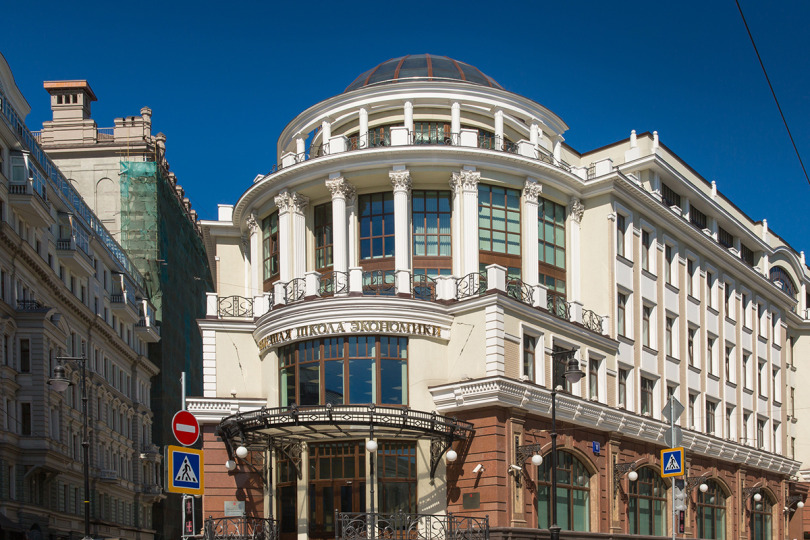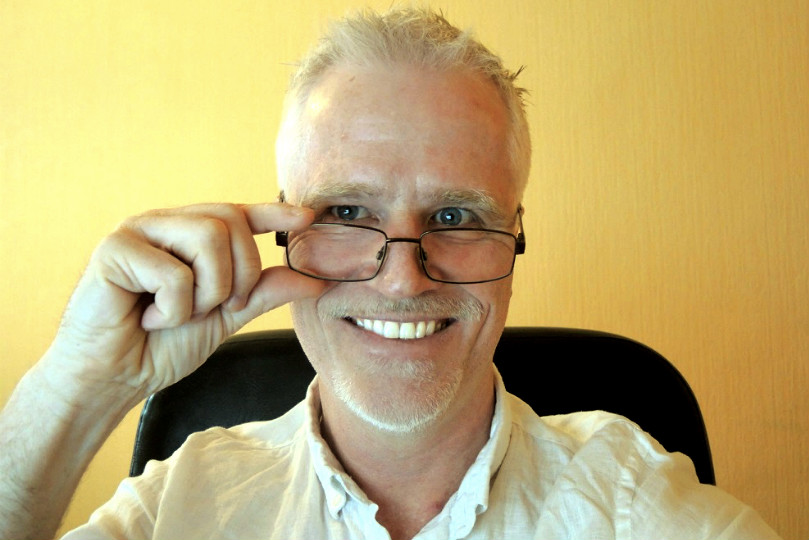Master’s programme in Comparative Social Research was launched in 2014 and has been rapidly developing since. Its Academic Supervisor Christian Fröhlich talks about what the programme offers the applicants and what makes it unique.
News
Dr. Virginia Moreira visited HSE in late January-early February 2016 at the invitation of the Department of Psychology of Personality (School of Psychology of the Faculty of Social Sciences), and taught several classes at the Master’s Programme 'Consulting Psychology. Personology'.
HSE took first place among Russian universities in subject rankings for Sociology and Economics & Econometrics (101-150 globally). In Business & Management Studies and Accouting & Finance, HSE ranked first and is currently the only Russian university in the ranking, placing in the 151-200 group.

[1].jpg)
Andrei Melville, the Dean of the Faculty of Social Sciences, encourages students to actively participate in the assessment and explains why student involvement in assessment procedure is important to the management of the Faculty.
On March 15 Alena A. Khaptsova (Junior Research Fellow of International laboratory for Socio-Cultural Research, lecturer of School of Psychology, Faculty of Social Sciences, HSE) took part in the «Culture matters» research seminar with the report on "Russian multiculturalism in the media: the technique of content analysis of the news".


One of the HSE’s newly launched Master’s programmes – Population and Development – aims to train specialists who can develop solutions to many of today’s economic and social challenges. Taught entirely in English and offering courses in public administration, economics, demography and statistical analysis, the programme has partnerships with universities in France, Germany, Italy and Belgium.

